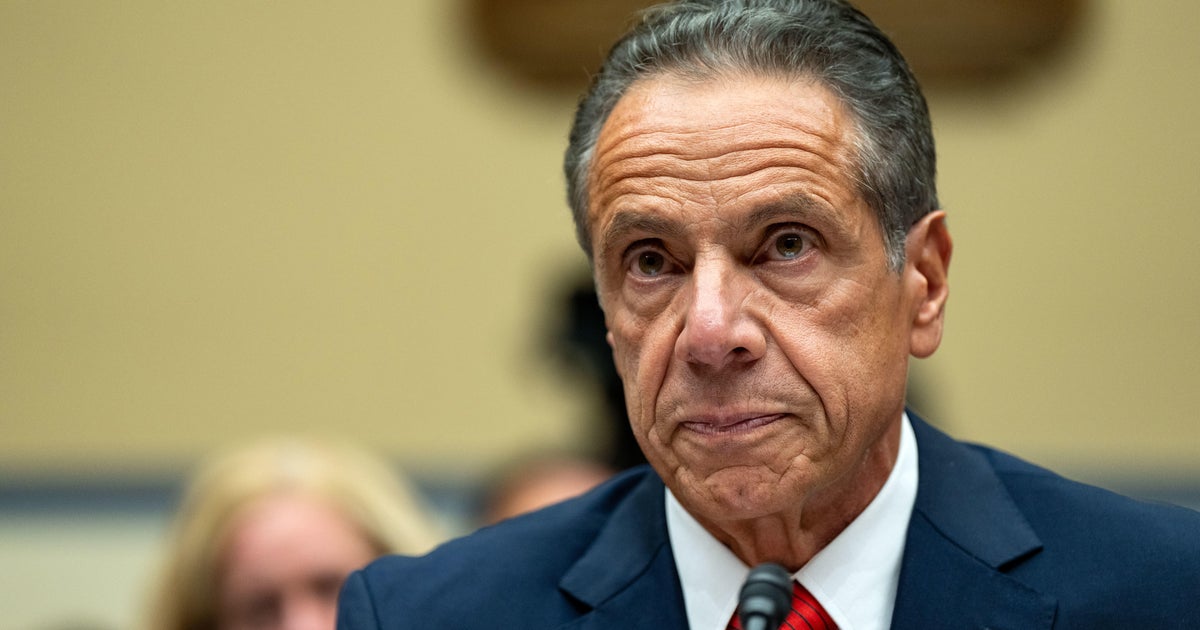Breast Cancer Treatments Can Raise Heart Disease Risk In Women
NEW YORK (CBSNewYork) – There's a new warning about the connection between breast cancer and the leading killer of women: heart disease.
It turns out, some breast cancer treatments can damage your heart.
Most women fear breast cancer more than any other health problem, but heart disease is by far the No. 1 killer of women, CBS2's Dr. Max Gomez reports. So what should women do when they hear that some chemotherapy is toxic to heart cells?
Just as Tonda Gonce won her fight against breast cancer, she quickly found out there was a whole new battle in front of her.
"It turns out that the main artery, the main one that you do not come back from, was 99 percent blocked," she said.
She needed a stent to open her blocked artery, which was likely caused by her cancer treatment.
Complications like these aren't uncommon. In fact, older breast cancer patients more often die of heart disease than cancer itself. That's why the America Heart Association has published the first scientific statement about these two major threats to women's health.
Doctor Laxmi Mehta, of the Ohio State University Wexner Medical Center, was the primary author. She says oncologists and cardiologists need to work together closely to give patients the best chance against both diseases.
"The statement really is there to provide a concise document for the medical community on the overlap between heart disease and breast cancer in terms of risk factors, in terms of the treatment and preventative therapies," she said.
The heart association wants to make sure that both doctors and patients are aware of the cancer treatment-heart disease connection so they are extra vigilant for warning signs of cardiovascular problems.
One way to minimize heart and lung damage from breast radiation is to have what's called "prone breast radiation," where the breast is allowed to fall away from the chest, so the radiation doesn't go through the chest.
And, of course, lifestyle changes can help prevent both diseases.
"Being active or exercising can actually help in the outcomes of both disease processes. Eating a healthy diet is imperative for both," said Mehta. "Healthy weight is important."
There are some alternative chemo regimens and protective medications to minimize heart damage.
But the most important message is that breast cancer survivors should be followed closely by a cardiologist who knows what medications and radiation their patient had for their breast cancer.



